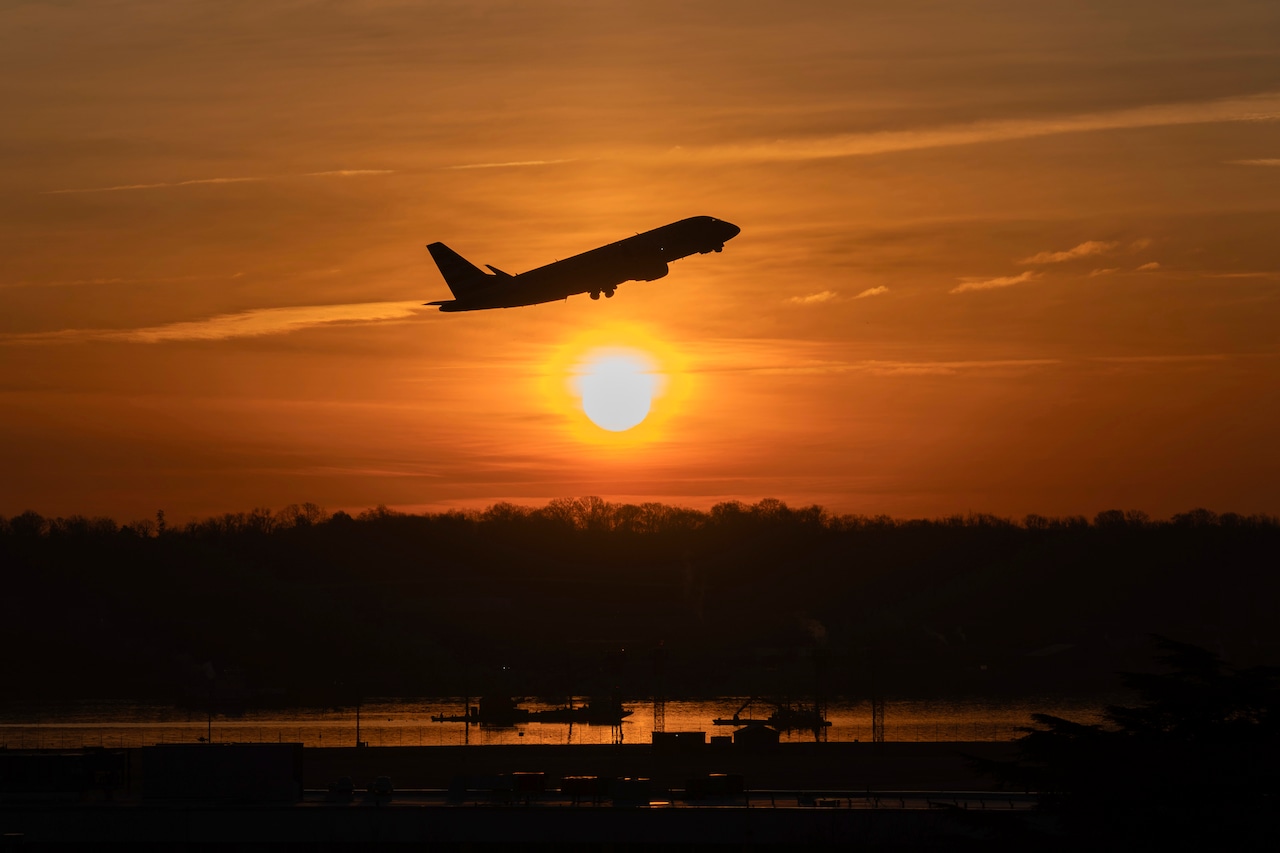The U.S. Department of State has lifted an order for family members and non-emergency U.S. government personnel to leave Lebanon due to its safety risks; however, it still warns U.S. citizens to avoid or leave three other areas in that region.
The travel advisory, posted July 3 by the U.S. Department of State, classified Lebanon as a “Level 4 – Do Not Travel” risk, with officials urging tourists not to go there and to leave if they are in Southern Lebanon, at the border with Syria or in a refugee settlement.
“Do Not Travel to Lebanon due to crime, terrorism, civil unrest, kidnapping, unexploded landmines and the risk of armed conflict,” the advisory reads. “Some areas, especially near the borders, have increased risk.”
Since Oct. 3, 2023, cross-border exchanges of fire have occurred between Hezbollah and Israel. Targets have sometimes been well north of the border region, according to the Department of State.
A cessation of hostilities between Israel and Lebanon went into effect on Nov. 27, 2024. However, military activity has continued in some areas of Lebanon. Therefore, the Lebanese government is unable to “guarantee the safety of U.S. citizens against sudden outbreaks of violence and armed conflict.”
Leave Southern Lebanon
The advisory defines Southern Lebanon, from where U.S. citizen should leave, as “all parts south of the city of Saida, to include inland areas.”
“There have continued to be instances of military activity in South Lebanon and near the Syrian border since the cessation of hostilities went into effect,” the advisory reads.
Leave the Lebanon-Syria border
The U.S. Embassy also strongly urges U.S. citizens to avoid the Lebanon-Syria border and to leave if they are there.
“This area has seen clashes between Lebanese security forces and Syrian-based groups, as well as recent airstrikes,” the advisory reads. “The U.S. Department of State also warns U.S. citizens of the risk of traveling on flights that fly over Syria, which include some flights to and from Beirut.”
Leave refugee settlements
The July 3 advisory also advises citizen to avoid or leave any refugee settlements in Lebanon. “These settlements are prone to outbreaks of violence including shootings and explosions.”
U.S. citizens are also urged to avoid demonstrations and exercise caution if in the vicinity of any large gatherings or protests “as these have the potential to turn violent quickly and with little notice.”
Protests have blocked major roads, including thoroughfares between downtown Beirut and the area where the U.S. Embassy is located, between Beirut and the Beirut-Rafic Hariri International Airport.
If you go anyway
Those who travel to Lebanon are urged by the Department of State to:
Appoint one family member to serve as the point of contact with kidnappers or hostage takers, media, U.S. and host country government agencies, and members of Congress if kidnapped or taken hostageKeep travel documents up to date and easily accessibleNot touch unknown metal objects and avoid traveling off well-used roads, tracks and paths due to risk of unexploded ordnanceAvoid demonstrations and crowdsStay alert in locations frequented by WesternersMonitor local media for breaking events and adjust plans based on new information
In addition, if U.S. travelers go to Lebanon, they can enroll in the Smart Traveler Enrollment Program (STEP) to receive messages and alerts from the U.S. embassy.
If you purchase a product or register for an account through a link on our site, we may receive compensation. By using this site, you consent to our User Agreement and agree that your clicks, interactions, and personal information may be collected, recorded, and/or stored by us and social media and other third-party partners in accordance with our Privacy Policy.
